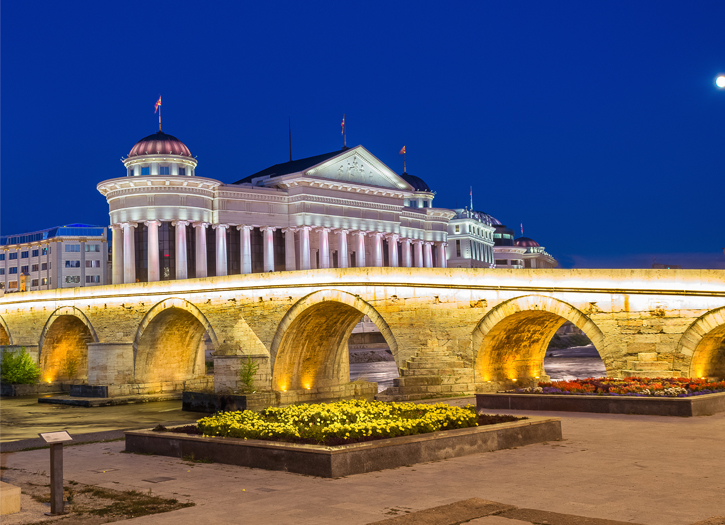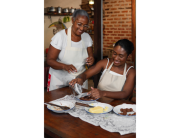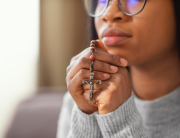The COVID-19 pandemic was confirmed to have reached North Macedonia in February 2020. The initial contagion in the country was mainly connected with the COVID-19 pandemic in Italy as there are circa 70,000 residents of Italy from North Macedonia and resulted in many people returning to North Macedonia, bringing the virus with them. As of 9 July, over 7,000 cases have been confirmed in the country.
On 6 March, two more cases were confirmed positive: a married couple from Balanci, Centar Župa, who were residents of Brescia, Italy, and presumably returned to the country out of fear of the virus. They entered North Macedonia on 27 February and went to the clinic in Debar on 2 March. They were not initially tested for SARS-CoV-2, but when their symptoms were getting worse, they were tested on 6 March. On 10 March, after a formal request from the mayor of Debar (the city where 5 of the 7 cases were found) and the controversies regarding Biljanovska the Ministry of Health of North Macedonia implemented more reliable measures to prevent further spreading of the virus, including temporary two-week closure of all education institutes .
On 18 March, 4 new cases were confirmed positive, all of them Macedonian citizens from Skopje coming from Belgium Prime Minister Oliver Spasovski announced that the Government is considering declaring a State of Emergency in the country, something that had never happened before.The State of Emergency was officially proclaimed by the President later the same day, and following this event, since the Parliament was dismissed, the Government gained legislative and executive power.Later that day 7 more people were tested positive on the virus (4 in Skopje and 3 in Debar).
On 19 March, 6 new cases were confirmed positive: 3 in Debar, 1 in Skopje, 1 in Gostivar, and 1 in Štip. On 26 August, 119 new cases were registered positive: 53 in Skopje, 13 in Prilep, 9 in Kumanovo, 6 in Gostivar and Delčevo, 5 in Berovo, 4 in Štip and Tetovo, 3 in Kočani, Sveti Nikole and Kičevo, 2 in Struga, Pehčevo and 1 in Negotino, Radoviš, Veles, Ohrid, Kriva Palanka and Bitola each.
Preparatory measures against a potential outbreak started in late January 2020. National measures against the pandemic are led by Health Minister Venko Filipče and the Commission for Infectious Diseases. Filipče stated that the state has made preparations to deal with the virus if it appears in North Macedonia. He said that the preparations had been made in terms of staff, infrastructure, equipment, places for hospitalization of patients, and that the country is ready for the virus. Besides all that, the response of the Government has been criticized as illogical on several occasions by the population. One of the most controversial decisions was related to a local curfew of the Skopje area that prompted massive exodus into smaller towns.
Starting from 27 January, thermal cameras installed at the Skopje Airport, started monitoring passengers coming from Istanbul and Dubai who serve as links to China, which was at the moment the epicenter of the epidemic. Following the first meeting with WHO representative Jihane Tawilah, the country’s preparedness for early detection & stopping the spread of the virus was assessed as satisfactory. Health minister Venko Filipče announced that North Macedonia’s healthcare system is completely prepared for a potential outbreak. In addition to the thermal cameras, information leaflets were distributed to police stations and the custom checks at all border passes.
The Ministry of Health held two conferences that day, explaining the contact-tracing system that was going to be used for every SARS-CoV-2 positive case: namely, all contacts of a positive person will be ordered to self-isolate for two weeks. Wearing of face masks was recommended for all suspected cases.On 28 February, the government recommended all mass gatherings to be cancelled: this included the carnivals in Strumica and Prilep.The government also appealed to all employees in the state or local institutions, employees in the school system, as well as pupils and students who had traveled to risk countries in the past two weeks to avoid going to work or school.







Add Comment
You must be logged in to post a comment.